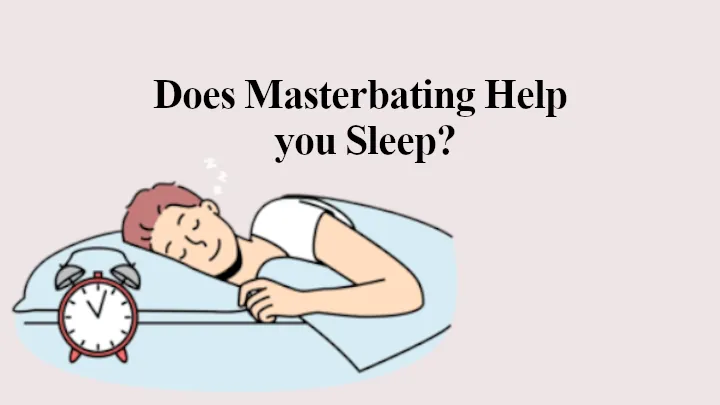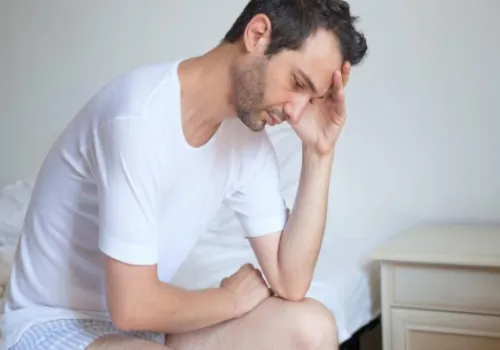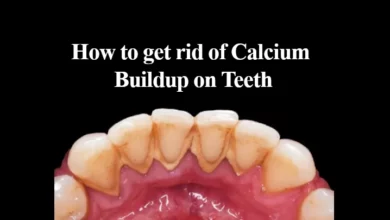Does Masterbating Help you Sleep?

Sleep is a fundamental aspect of our daily lives, playing a significant role in our overall health and well-being. Various factors, including lifestyle choices and habits, can influence the quality of our sleep.
One such habit that has sparked considerable discussion in relation to sleep is masturbation. This article aims to delve into the question: Does masturbating help you sleep?
In this Article
- Does Masterbating help you Sleep
- Benefits of Masturbation for Sleep
- Does Masturbating make you Sleepy
- Does ejaculation affect sleep
Understanding Sleep and Its Importance
Sleep is a restorative process that allows our bodies to repair and rejuvenate. It plays a crucial role in various functions such as memory consolidation, mood regulation, and maintaining our immune system. Lack of quality sleep can lead to numerous health issues, including heart disease, diabetes, and depression.
Does Masterbating help you Sleep

Yes, Masterbating help in sleep. The connection between masturbation and sleep primarily lies in the release of certain chemicals during the act.
When a person masturbates, the body releases endorphins and hormones like oxytocin and dopamine. These chemicals can help induce relaxation and reduce stress, potentially making it easier to fall asleep.
The Science Behind Masturbation
Masturbation is a normal and healthy sexual activity that has many benefits. It involves the self-stimulation of the genitals to achieve sexual arousal and pleasure. It can lead to the release of sexual tension, reduction in stress levels, and even improved concentration.
Benefits of Masturbation for Sleep
Masturbation can have several benefits for sleep:
1. Stress Relief:
Masturbation can be a natural way to relieve stress and anxiety, which are often culprits behind sleep problems.
2. Release of Sleep-Inducing Hormones:
The act of masturbation leads to the release of hormones like oxytocin and prolactin, which can help induce sleep.
3. Physical Exhaustion: Masturbation, being a physical activity, can lead to a state of exhaustion, helping you fall asleep faster.
Potential Drawbacks
While masturbation can have benefits for sleep, it’s important to note that it’s not a guaranteed solution for all sleep problems.
Over-reliance on it for sleep can lead to a form of dependency. Additionally, excessive masturbation can potentially lead to sexual dysfunction or relationship issues.
Does Masturbating make you Sleepy
Yes, Masturbation can potentially lead to feelings of sleepiness due to the release of certain hormones and chemicals during the act. When a person masturbates, the body releases endorphins, oxytocin, and dopamine.
These hormones can induce relaxation and reduce stress, potentially making it easier to fall asleep. Additionally, the physical exertion involved in masturbation can lead to a state of exhaustion, which may also contribute to feelings of sleepiness.
However, it’s important to note that the effects can vary from person to person, and masturbation should not be seen as a standalone solution for sleep issues.
Does ejaculation affect sleep
Yes, Ejaculation affect sleep and it is often associated with sexual activity or masturbation, can indeed influence sleep patterns. During ejaculation, the body releases a cocktail of hormones, including oxytocin and prolactin, which have been linked to feelings of relaxation and sleepiness.
Oxytocin, often referred to as the “love hormone,” promotes relaxation and reduces stress, while prolactin is directly responsible for feelings of sleepiness and satisfaction after sexual activity.
Furthermore, the physical exertion during sexual activity leading to ejaculation can also contribute to a state of tiredness, potentially aiding in faster sleep onset.
Conclusion
In conclusion, while masturbation can potentially aid in sleep due to its stress-relieving and hormone-releasing effects, it should not be seen as a standalone solution for sleep issues.
If you’re experiencing persistent sleep problems, it’s important to consult with a healthcare professional to explore various treatment options.





